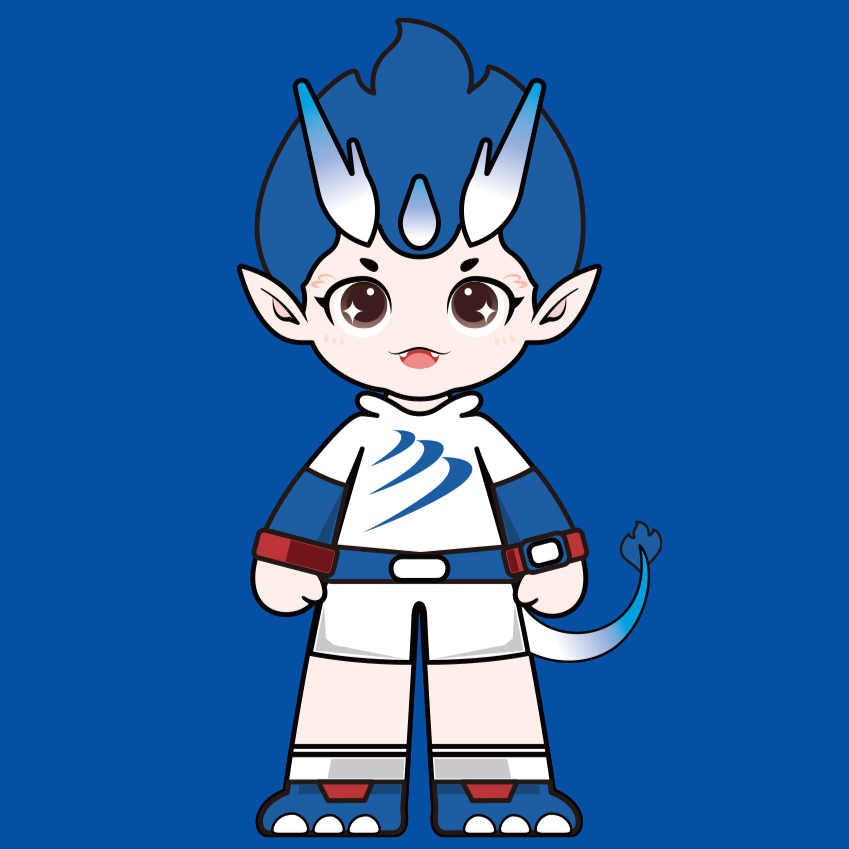
英语的16个时态
2023-11-26 · 百度认证:云南新华电脑职业培训学校官方账号
 云南新华电脑学校
云南新华电脑学校

参照上表,由第1列至第4列(竖着看)对应的16种时态分别是:
1. 一般现在时,例句: We have six classes every day. 我们每天上六节课。
2. 现在进行时,例句:I am playing computer games now.我正在打电脑游戏。
3. 现在完成时,例句:She has been to New York twice. 她已经去过纽约两次。
4. 现在完成进行时,例句:He has been teaching math for 10 years.他已经教数学10年了。
5. 一般过去时,例句:I bought 2 comic books yesterday.昨天我买了2本漫画书。
6. 过去进行时,例句:We were playing basketball at 6 p.m. yesterday. 昨天下午6点我们正在打篮球。
7. 过去完成时,例句:The train had already left by the time I got to the station.在我到达车站前,火车就已经离开了。
8. 过去完成进行时,例句:At last he got the offer from the university he had been expecting.他终于收到了期盼已久的大学录取通知书。
9. 一般将来时,例句:I will go to Kunming tomorrow.我明天将会去昆明。
10. 将来进行时,例句:I will be doing my homework this time tomorrow.
明天的这个时候我正在做作业。
11. 将来完成时,例句:By this time next year, I will have graduated from the university. 到明年这个时候,我已经从大学毕业了。
12. 将来完成进行时,例句:By the time the sun rises, I shall have been sleeping for nine hours.太阳升起来之前,我已经睡了9个小时了。
13. 过去将来时,例句:I knew that she would be late.我知道她会迟到。
14. 过去将来进行时,例句:They said they would be coming.他们说了他们将要来。
15. 过去将来完成时(较少使用),例句:He said he would have paid me back the money by the end of the weekend. 他说将在周末前还我钱。
16. 过去将来完成进行时(很少使用)【表示动作从过去某一时间开始一直延续到过去将来某一时间。】,例句:He said that by the end of the spring term he would have been studying English for three years. 他说到了春季学期末,他就学了三年英语了。
英语的16个时态如下:
1、一般现在时,表示通常性、规律性、习惯性、真理性的动作或状态,或者动作有时间规律发生的事件的一种时间状态。【用动词原形。】如:He gets up at 6 every day.
2、一般过去时,表示过去某个时间里发生的动作或状态;过去习惯性、经常性的动作、行为。【用动词过去时。】如:But he got up at 7 this morning.
3、一般将来时,表示将来某一时刻的动作或状态,或将来某一段时间内经常的动作或状态。【will + 动词原形 或 be going to +动词原形】如:He will get up at 5 tomorrow.
4、过去将来时,表示从过去的某一时间来看将来要发生的动作或呈现的状态。【would + 动词原形 或 was/were going to +动词原形】如:He said that he would get up at 5.
5、现在进行时,表示现在进行的动作或存在的状态。【 be + ving】如: He is having breakfast.
6、过去进行时,表示过去在某一时间段或某一段时间内正在发生或进行的动作或状态。【was/were + ving】如:When Father came back home, I was doing my homework.
7、将来进行时,表示要在将来某一时间开始,并继续下去的动作。一般用延续性动词表示。【 will be + ving】如:Don't come at 8. I will be having a meeting then.
8、过去将来进行时,表示就过去某一时间而言,将来某一时刻或某一段时间正在进行的动作。【would be + ving】如:He asked me not to come at 8 because he would be having a meeting then.
9、现在完成时,表示是“过去的动作或状态持续到现在并且已经完成”。【have/has + v过去分词】如:I have finished my homework.
10、过去完成时,表示过去某一时间或动作以前已经发生或完成了的动作,对过去的某一点造成的某种影响或是结果,用来指在另一个过去行动之前就已经完成了的事件。【had + v过去分词】如:He said that he had finished his homework.
11、将来完成时,表示在将来某一时间以前已经完成或一直持续的动作。【will have + v过去分词】如:We will have finished Book One by the end of this term.
12、过去将来完成时,表示从过去观点看将来某时某动作已完成。【would have + v过去分词】如:They said that they would have finished Book One by the end of that term.
13、现在完成进行时,表示从过去某一时间开始,一直持续到现在的动作。【have/has been + ving】如:I have been reading for 5 hours.
14、过去完成进行时,表示动作从某一时间开始,一直持续到现在,或者刚刚终止,或者可能仍然要继续下去。【had been + ving】如: He said that he had been reading for 5 hours.
15、将来完成进行时,表示某种情况下一直持续到说话人所提及的时间,往往与将来的时间连用。【will have been + ving】如: I shall have been reading for 5 hours by 8 o'clock in the evening.
16、过去将来完成进行时,表示动作从过去某一时间开始一直延续到对于过去来说的将来某一时间,动作是否继续下去,由上下文决定。【would have been + ving英语动词时态用法】如: He said that he would have been reading for 5 hours by 8'clock that evening.




